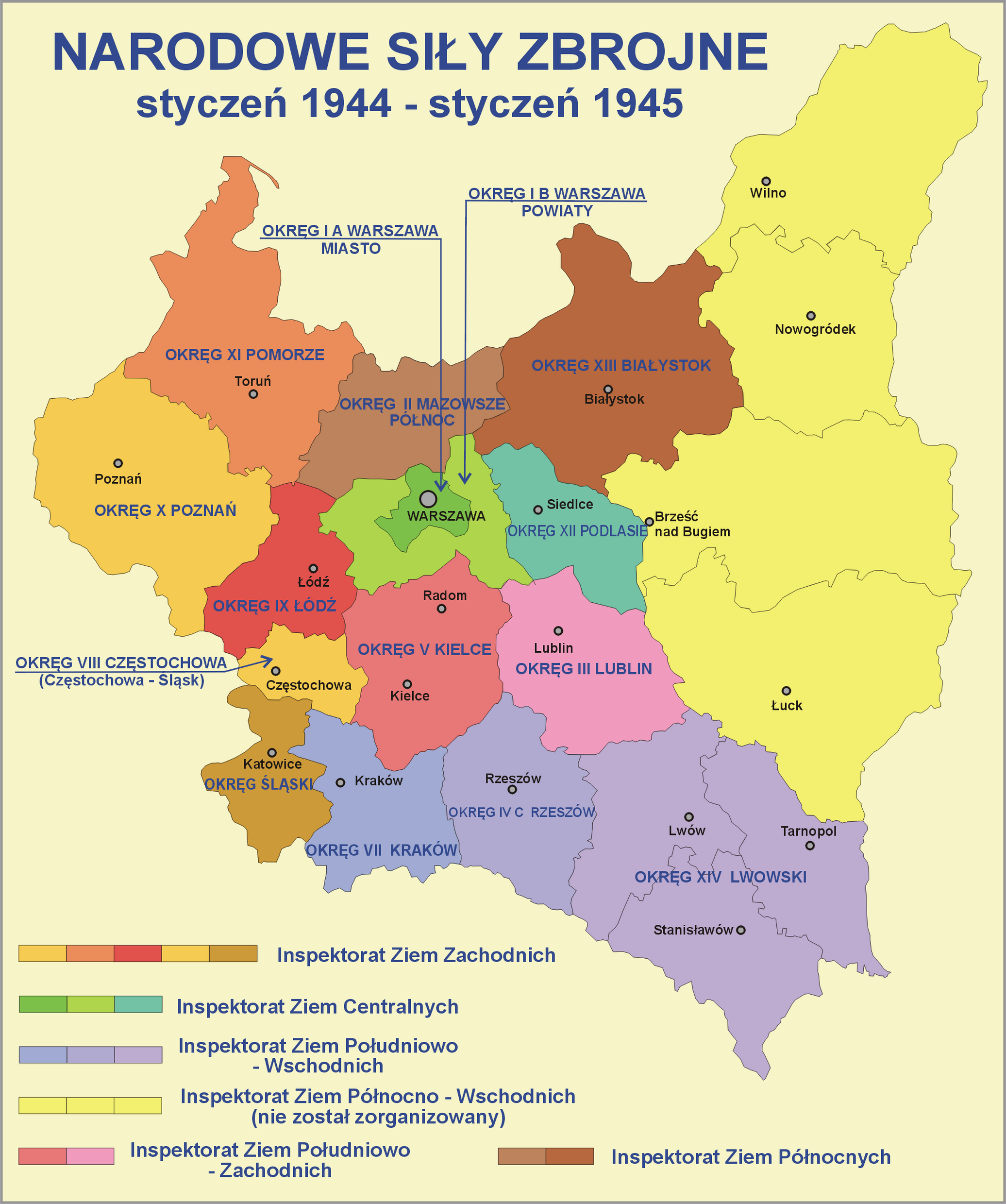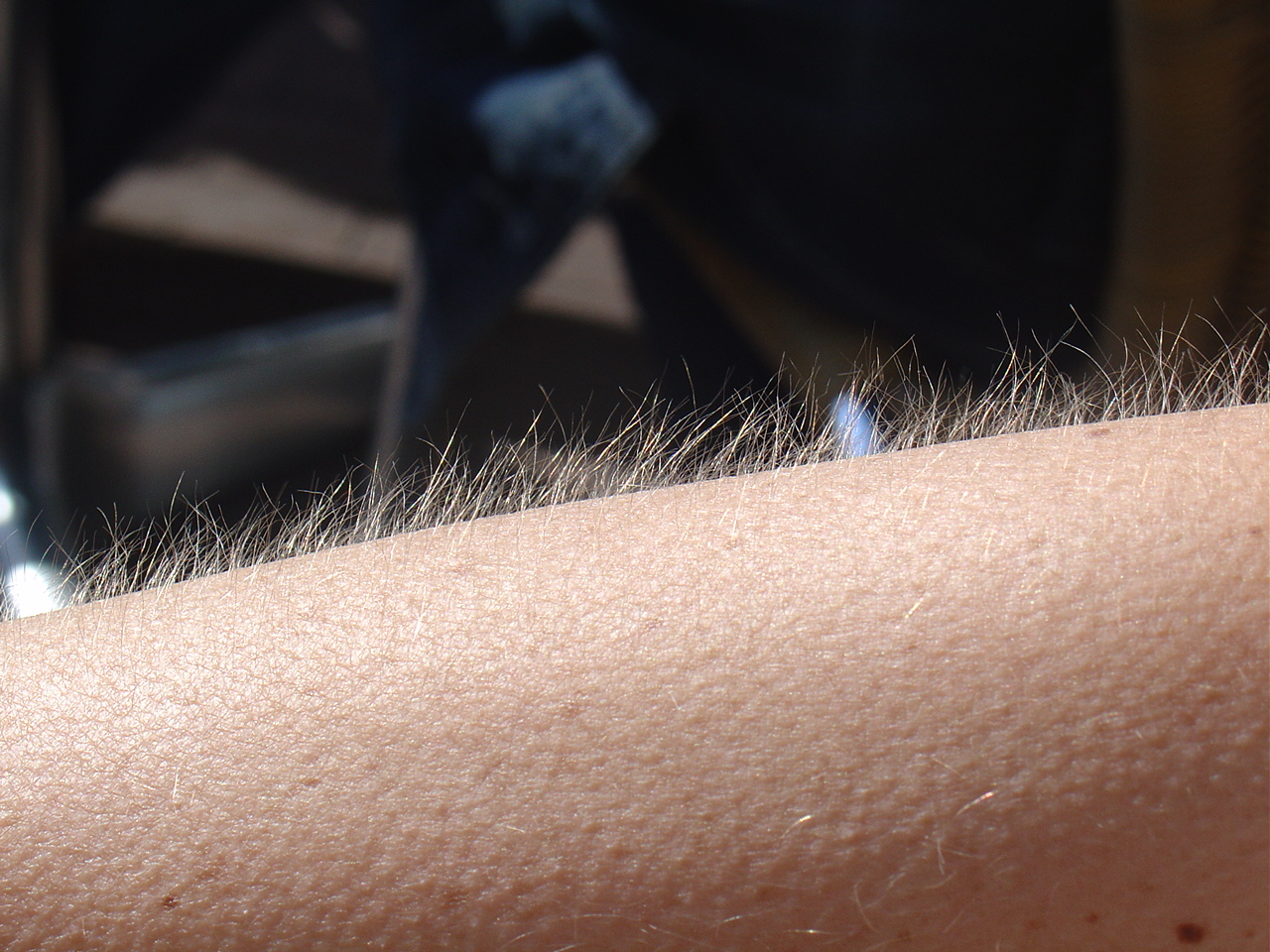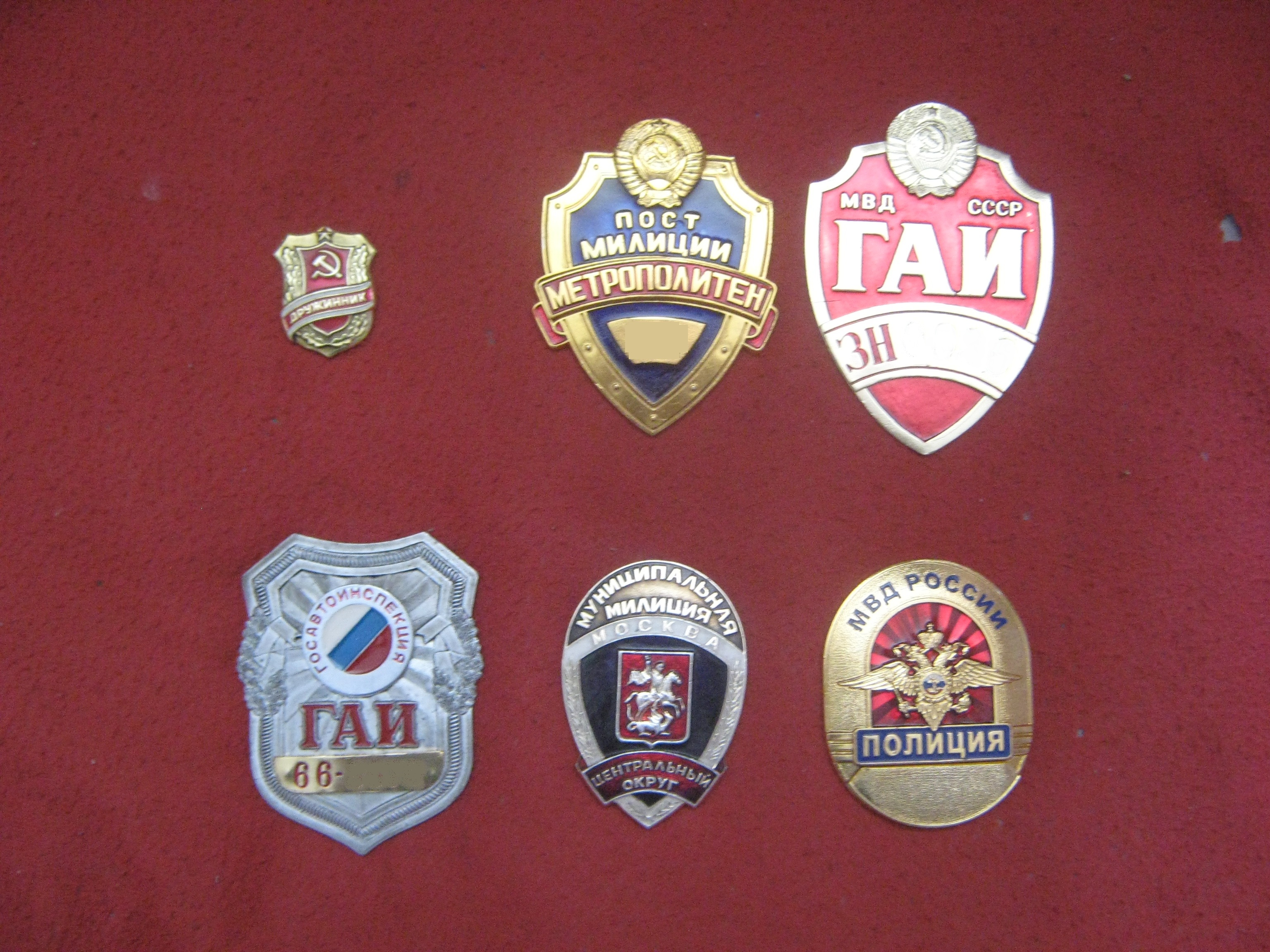|
Amnesty Of 1947
The Amnesty of 1947 in Poland was an amnesty directed at soldiers and activists of the Polish anti-communist underground, issued by the authorities of People's Republic of Poland. The law on amnesty was passed by the Polish Sejm on 22 February 1947. The actual purpose of the amnesty was the liquidation of coordinated resistance to the newly-established communist regime. The promise of amnesty was not kept. Information collected during questioning of the " cursed soldiers" who had revealed themselves led to a later round of arrests and repression, including of those who stayed in hiding. It was the second amnesty in Poland after World War II; the first had lasted from 22 July to 15 October 1945. Amnesty The amnesty was in effect for two months, from 25 February until 25 April 1947. There was no provision for its extension. The execution of the amnesty law was placed in the hands of the Ministry of Public Security (UB). The amnesty did not apply to the members of the Ukrainian natio ... [...More Info...] [...Related Items...] OR: [Wikipedia] [Google] [Baidu] |
Amnesty
Amnesty () is defined as "A pardon extended by the government to a group or class of people, usually for a political offense; the act of a sovereign power officially forgiving certain classes of people who are subject to trial but have not yet been convicted." Though the term general pardon has a similar definition, an amnesty constitutes more than a pardon, in so much as it obliterates all legal remembrance of the offense. Amnesty is increasingly used to express the idea of "freedom" and to refer to when prisoners can go free. Amnesties, which in the United Kingdom may be granted by the crown or by an act of Parliament, were formerly usual on coronations and similar occasions, but are chiefly exercised towards associations of political criminals, and are sometimes granted absolutely, though more frequently there are certain specified exceptions. Thus, in the case of the earliest recorded amnesty, that of Thrasybulus at Athens, the thirty tyrants and a few others were expressly e ... [...More Info...] [...Related Items...] OR: [Wikipedia] [Google] [Baidu] |
National Armed Forces
National Armed Forces (; NSZ) was a Polish right-wing underground military organization of the National Democracy (Poland), National Democracy operating from 1942. During World War II, NSZ troops fought against Nazi Germany and Gwardia Ludowa, communist partisans. There were also cases of fights with the Home Army. At the end of the war, some units and structures of this organization cooperated with the Nazis and Gestapo (as in the case of the Holy Cross Mountains Brigade and Hubert Jura) and committed crimes motivated by antisemitism. Most NSZ units did not submit to the Polish government-in-exile and conducted fratricidal fights with other Polish partisan units. From 1944 to 1946, the NSZ fought as part of the anti-communist resistance, including after the postwar Polish People's Republic was established. History The NSZ was created on September 20, 1942, as a result of the merger of the Military Organization Lizard Union (''Organizacja Wojskowa Związek Jaszczurczy'') an ... [...More Info...] [...Related Items...] OR: [Wikipedia] [Google] [Baidu] |
Aftermath Of World War II In Poland
Aftermath may refer to: Companies * Aftermath (comics), an imprint of Devil's Due Publishing * Aftermath Entertainment, an American record label founded by Dr. Dre * Aftermath Media, an American multimedia company * Aftermath Services, an American crime-scene cleanup company * ''Aftermath'' (website), a video game website and blog founded in 2023 Film and television Films * ''Aftermath'' (1914 film), an American lost silent film * ''Aftermath'' (1927 film), a German silent film * ''Aftermath'' (1990 film) or ''Crash: The Mystery of Flight 1501'', an American television film * ''Aftermath'' (1994 film), a Spanish short horror film by Nacho Cerdà * ''Aftermath'' (2001 film), a television movie starring Meredith Baxter * ''Aftermath'' (2002 film), a film starring Sean Young * ''Aftermath'' (2004 film), a Danish film * ''Aftermath'' (2012 film), a Polish thriller and drama * ''Aftermath'' (2013 film), a film starring Anthony Michael Hall * ''Aftermath'' (2014 film), an a ... [...More Info...] [...Related Items...] OR: [Wikipedia] [Google] [Baidu] |
Cold War Military History Of Poland
Cold is the presence of low temperature, especially in the atmosphere. In common usage, cold is often a subjective perception. A lower bound to temperature is absolute zero, defined as 0.00K on the Kelvin scale, an absolute thermodynamic temperature scale. This corresponds to on the Celsius scale, on the Fahrenheit scale, and on the Rankine scale. Since temperature relates to the thermal energy held by an object or a sample of matter, which is the kinetic energy of the random motion of the particle constituents of matter, an object will have less thermal energy when it is colder and more when it is hotter. If it were possible to cool a system to absolute zero, all motion of the particles in a sample of matter would cease and they would be at complete rest in the classical sense. The object could be described as having zero thermal energy. Microscopically in the description of quantum mechanics, however, matter still has zero-point energy even at absolute zero, because ... [...More Info...] [...Related Items...] OR: [Wikipedia] [Google] [Baidu] |
Legal History Of Poland
Law is a set of rules that are created and are enforceable by social or governmental institutions to regulate behavior, with its precise definition a matter of longstanding debate. It has been variously described as a science and as the art of justice. State-enforced laws can be made by a legislature, resulting in statutes; by the executive through decrees and regulations; or by judges' decisions, which form precedent in common law jurisdictions. An autocrat may exercise those functions within their realm. The creation of laws themselves may be influenced by a constitution, written or tacit, and the rights encoded therein. The law shapes politics, economics, history and society in various ways and also serves as a mediator of relations between people. Legal systems vary between jurisdictions, with their differences analysed in comparative law. In civil law jurisdictions, a legislature or other central body codifies and consolidates the law. In common law systems, judges ... [...More Info...] [...Related Items...] OR: [Wikipedia] [Google] [Baidu] |
1947 In Poland
It was the first year of the Cold War, which would last until 1991, ending with the dissolution of the Soviet Union. Events January * January–February – Winter of 1946–47 in the United Kingdom: The worst snowfall in the country in the 20th century causes extensive disruption of travel. Given the low ratio of private vehicle ownership at the time, it is mainly remembered in terms of its effects on the railway network. * January 1 – The ''Canadian Citizenship Act, 1946, Canadian Citizenship Act'' comes into effect, providing a Canadian citizenship separate from British law. * January 4 – First issue of weekly magazine ''Der Spiegel'' published in Hanover, Germany, edited by Rudolf Augstein. * January 10 – The United Nations adopts a resolution to take control of the free city of Trieste. * January 15 – Elizabeth Short, an aspiring actress nicknamed the "Black Dahlia", is found brutally murdered in a vacant lot in Los Angeles; the mysterious case is never solv ... [...More Info...] [...Related Items...] OR: [Wikipedia] [Google] [Baidu] |
Rzeczpospolita (newspaper)
''Rzeczpospolita'' () is a Polish nationwide daily economic and legal newspaper, published by Gremi Media. Established in 1920, ''Rzeczpospolita'' was originally founded as a daily newspaper of the conservative Christian National Party during interwar Poland. The paper's title is a translation of the Latin phrase ''res publica'' (meaning "republic", or "commonwealth"), and is part of the traditional and official name of the Polish state, "Rzeczpospolita Polska." The newspaper came under government control during the Polish People's Republic (1945–1989). Following the 1989 political revolutions across Europe, the new democratically-elected government relinquished its editorial oversight and ownership of ''Rzeczpospolita'', contributing to the end of media censorship in communist Poland and ushering in a new era of independent press. In 2016, ''Rzeczpospolita'' had a circulation of 274,000; 75% of its readers were reported to have higher education. Generally considered to be ... [...More Info...] [...Related Items...] OR: [Wikipedia] [Google] [Baidu] |
Milicja
''Militsiya'' ( rus, милиция, 3=mʲɪˈlʲitsɨjə, 5=, ) were the police forces in the Soviet Union until 1991, in several Eastern Bloc countries (1945–1992), and in the Non-Aligned Movement, non-aligned Socialist Federal Republic of Yugoslavia, SFR Yugoslavia (1945–1992). The term ''Militsiya'' continues to be used in common and sometimes official usage in some of the individual former Soviet republics such as Belarus, Tajikistan, Uzbekistan and Kyrgyzstan, as well as in the partially recognised or unrecognised republics of Abkhazia, South Ossetia and Transnistria. In Law enforcement in Russia, Russian law enforcement, the term remained in official usage until the Russian police reform, police reform of 2011. Name and status The name ''militsiya'' as applied to police forces originates from a Russian Provisional Government decree dated April 17, 1917, and from History of Soviet Russia and the Soviet Union (1917–1927), early Soviet history: both the Provision ... [...More Info...] [...Related Items...] OR: [Wikipedia] [Google] [Baidu] |
Ludowe Wojsko Polskie
The Polish People's Army (, ; LWP) was the second formation of the Polish Armed Forces in the East during the latter stages of the World War II, Second World War (1943–1945), and subsequently the armed forces of the History of Poland (1945–1989), Polish communist state (1945–1989), which was Constitution of the Polish People's Republic, formalized in 1952 as the Polish People's Republic. The creation of communism, communist-led Polish armed forces that were outside the command of the Polish government-in-exile was allowed and facilitated by Soviet leader Joseph Stalin, following efforts made in the early 1940s by Soviet Union, Soviet-based Polish exiles Wanda Wasilewska and Zygmunt Berling. Initially called the Polish Army in the Soviet Union, USSR from 1943 to 1944, it became the Polish Troops and Armed Forces of the Republic of Poland from 1944 to 1952, and thereafter the Armed Forces of the Polish People's Republic. During these restructurings, the Polish military w ... [...More Info...] [...Related Items...] OR: [Wikipedia] [Google] [Baidu] |
Freedom And Independence
Freedom and Independence Association (, or WiN) was a Polish underground anticommunist organisation founded on September 2, 1945, and active until 1952. Political goals and realities The main purpose of its activity was to prevent Soviet domination over Poland and to fight communism. Although the pursuit of those goals was supposed to be largely peaceful, the fact of Soviet domination over Poland and the increasingly hostile and provocative behavior of local communists frequently resulted in WiN having its hand forced and in military confrontation. Although the WiN forces were well-armed and highly disciplined, they could not hope to fight a prolonged guerrilla war against the Soviet Red Army and NKVD units, a fact clearly understood by the leadership. Thus, to the extent possible WiN attempted instead to concentrate not on military action but rather on providing assistance (false documents and money) for former soldiers of Home Army, National Armed Forces and other Polish resist ... [...More Info...] [...Related Items...] OR: [Wikipedia] [Google] [Baidu] |
Anti-communist Resistance In Poland (1944–1946)
Anti-communist resistance in Poland may refer to: * Anti-communist resistance in Poland (1944–1953), armed partisan struggle * Anti-communist resistance in Poland (1944–1989), armed partisan struggle and the non-violent, civil resistance struggle {{Disambiguation ... [...More Info...] [...Related Items...] OR: [Wikipedia] [Google] [Baidu] |
Rowman & Littlefield
Rowman & Littlefield Publishing Group is an American independent academic publishing company founded in 1949. Under several imprints, the company offers scholarly books for the academic market, as well as trade books. The company also owns the book distributing company National Book Network based in Lanham, Maryland. History The current company took shape when the University Press of America acquired Rowman & Littlefield in 1988 and took the Rowman & Littlefield name for the parent company. Since 2013, there has also been an affiliated company based in London called Rowman & Littlefield International. It is editorially independent and publishes only academic books in Philosophy, Politics & International Relations and Cultural Studies. The company sponsors the Rowman & Littlefield Award in Innovative Teaching, the only national teaching award in political science given in the United States. It is awarded annually by the American Political Science Association for people ... [...More Info...] [...Related Items...] OR: [Wikipedia] [Google] [Baidu] |






